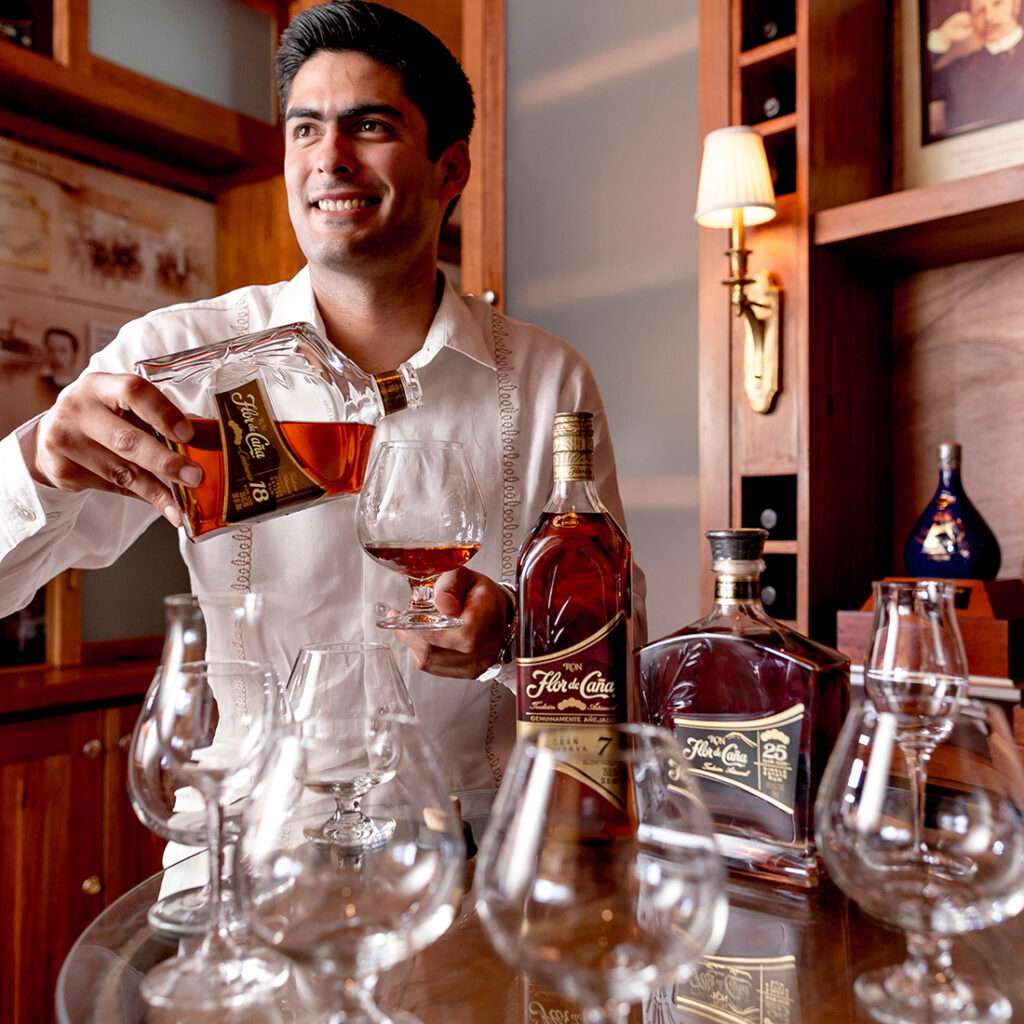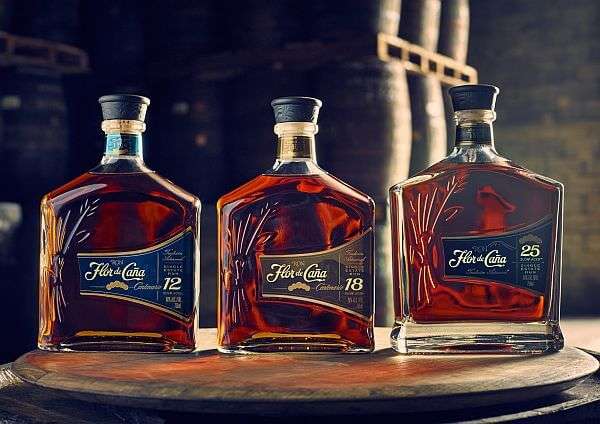Premium Nicaraguan rum brand, Flor de Caña, was recently named ‘Best Sustainable Rum Distillery’ by The Ultimate Awards.
Revered for its eco-friendly initiatives and ethical manufacturing, Flor de Caña has made a mark as a global frontrunner in the sustainable spirits industry.
Family-owned since 1890, Flor de Caña has successfully upheld its heritage while working to make its rum as sustainably as possible. It is the first spirits brand in the world to secure both Carbon Neutral and Fair Trade certifications.
World’s first
The Carbon Trust recognized its efforts to neutralize carbon emissions throughout the entirety of its product lifecycle. Concurrently, the Fair Trade USA certification stands as an assurance to patrons that every bottle is a result of sustainable and ethical production, adhering to more than three hundred stringent criteria encompassing labor, societal, and environmental facets.

“The good part of being family-owned for 130 years is that we have a lot to talk about,” Flor de Caña Global Travel Retail Manager Rodrigo Bazan said in a recent interview. “Tradition and a dedication to our brand values allow us to bring a clear and consistent storyline together of the past and the future of our brand.”
Bazan says the distillery’s five-generation family story is “truly authentic”, which resonates with consumers globally.
“At the same time, modernity allows us to continue improving our production process to be more efficient, more eco-friendly, and ensure the world-class of our products,” Bazan says. “What hasn’t changed over 130 years are the values that have guided our brand: family unity, excellence, innovation and sustainability.”
Sustainable rum making
Flor de Caña has employed a number of distilling techniques that underscore its dedication to safeguarding the environment. It contains and recycles all carbon dioxide emissions generated during the fermentation phase. Further amplifying its green initiative, the rum maker uses 100 percent renewable energy sources in the distillation process. Since 2005, it has embarked on a significant reforestation project, having planted more than one million trees.
The label also seeks to instill a culture of sustainability among its clientele and the industry at large. In a bid to encourage eco-friendly practices in the beverage sector, it inaugurated the Sustainable Cocktail Challenge. This global campaign incentivizes sustainable mixology at venues that share its vision of a green future, nurturing a collaborative endeavor to reduce the industry’s carbon footprint.
“Our strategy has always been to provide a quality product for our consumers to enjoy, while ensuring the well-being of workers, environment, and community in every step,” Bazan said.

“Everything starts from the sugarcane we grow all the way up to our unique aging process. The liquid is a representation of our work ethic and word of mouth has been our number one reason for growth,” he says. “People trust our natural aging process, which takes place in bourbon barrels without artificial ingredients, resulting in a rich and luscious liquid that’s also sugar and gluten-free.”
Flor de Caña’s reputation is also anchored in its emphasis on quality and excellence. The label’s rums are naturally matured for up to three decades in bourbon barrels, free from artificial additives or sugar — and aged at the base of an active volcano, Nicaragua’s San Cristóbal.
The label’s adherence to purity and quality has garnered it numerous accolades, including being named the “Global Rum Producer of the Year” by the IWSC in London, in addition to other global recognitions such as the “Green Distillery of the Year” in the Caribbean, the “Ethical Award” in the U.K., and the “Green Award” in Hong Kong.
“Consumers today are looking to drink less, but of higher quality,” Bazan says. “Our premiumization strategy lends us a great tool to attract new consumers who are looking for great quality with great value.”
Related on Ethos:


